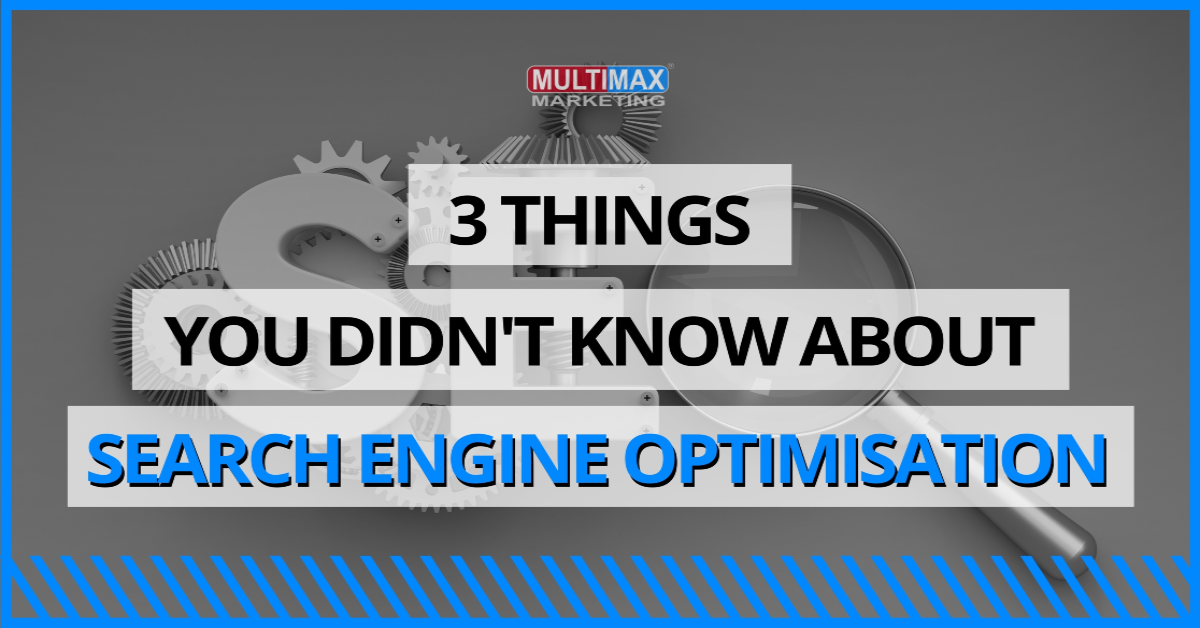SEO has fewer secrets than you think. In reality, learning ‘good organic SEO’ skills is really about developing your technique, creating good content, and presenting it in a way that humans and bots alike can easily find and recognise.
That said, there is plenty out there that newbies don’t know, and it pays for even experts to keep abreast of the latest developments. So here are three things you might not know about SEO:
There is no ‘secret black-hat SEO strategy’ – not anymore.
TLDR – Don’t bet against Google. They will win.
SEO has a bit of a reputation as a ‘dark art’. Many people think there are deep secrets and dodgy practices you need to know about to get the most from an SEO campaign, but that hasn’t really been true for years. ‘Black Hat’ SEO is largely a waste of time these days, as even if you do find a loophole to exploit, it will probably be updated before you get your money’s worth.
In reality, your best bet to making SEO-effective content is to give the algorithm what it actually wants – good, useful information presented in a way that is convenient and pleasant for users. If you can do that, then you get the best results if the algorithm works – and these days it actually works very well.
Duplicate content isn’t actually hurting your SEO. It just isn’t helping.
One of the things most people think they know about Google’s SEO algorithm – and therefore SEO generally – is the ‘content that is duplicated elsewhere gets you penalised’. Well, it doesn’t.
Don’t misunderstand. If you literally copy the content of another website and change only the name or the links – metaphorically filing the serial numbers off someone else’s site – Google will give you a very low rating indeed. But if your site simply includes great swathes of content that appears elsewhere, Google will not penalise you.
What google will do is ignore large blocks of duplicated content when it decides where to rank your page. The duplicate content won’t penalise you, but nothing in it will count for you positively either.
So, if the content is useful for your users, copy away. Just don’t rely on it to boost your score. (IP and copyright laws are another matter, and one we won’t address here.)
Having a strong social media profile – especially on Facebook, LinkedIn and Pinterest – can increase your Google search rank.
The stronger your overall social media profile, the higher your google rank will be. This isn’t surprising, as a lot of social media interactions would tend to indicate that you are a brand that people care about. It makes sense that the Google algorithm would look at things on Facebook … somehow or another. Google doesn’t often tell us precisely how or why they do things, but this one has such a strong correlation that we can pretty much say it is true.
Grain of salt time – this is a correlation, not proof of causation. It could be the other way around – ranking high on Google might be what’s driving your Facebook engagement, or there could be some mysterious 3rd factor driving both variables… but probably not.





Comments are closed